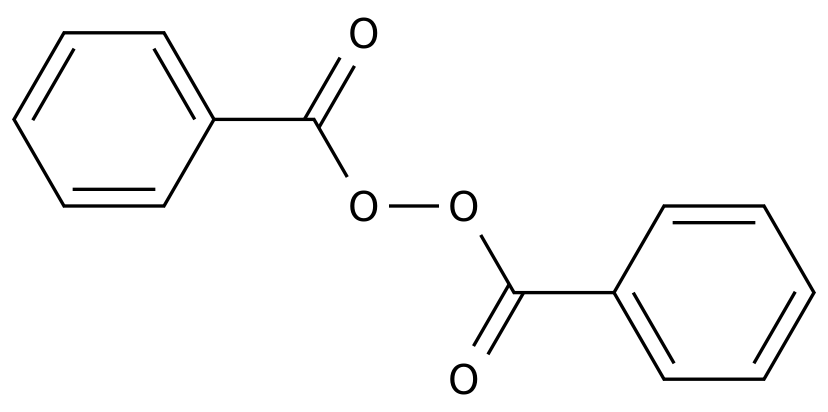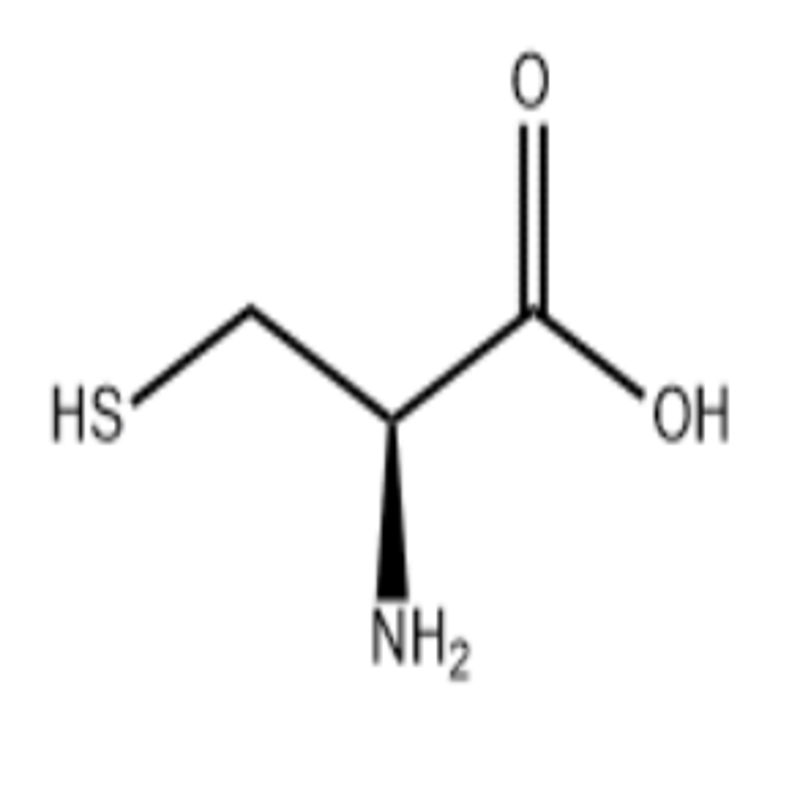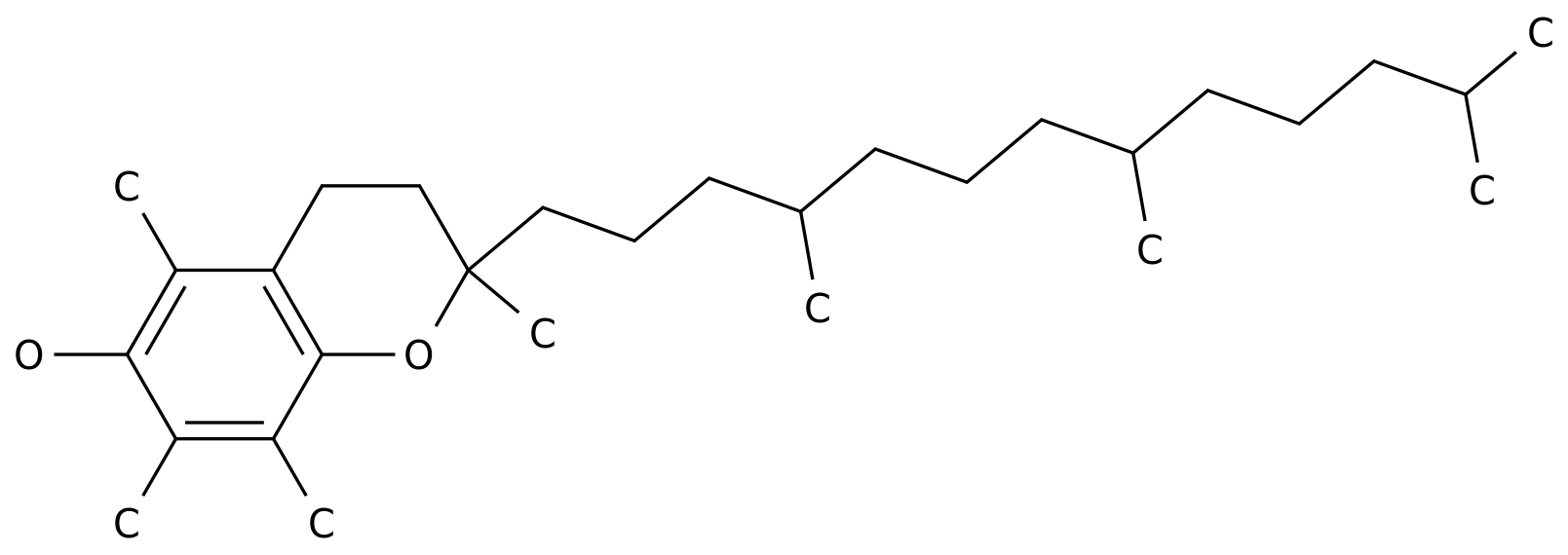-
Categories
-
Pharmaceutical Intermediates
-
Active Pharmaceutical Ingredients
-
Food Additives
- Industrial Coatings
- Agrochemicals
- Dyes and Pigments
- Surfactant
- Flavors and Fragrances
- Chemical Reagents
- Catalyst and Auxiliary
- Natural Products
- Inorganic Chemistry
-
Organic Chemistry
-
Biochemical Engineering
- Analytical Chemistry
- Cosmetic Ingredient
-
Pharmaceutical Intermediates
Promotion
ECHEMI Mall
Wholesale
Weekly Price
Exhibition
News
-
Trade Service
19
add too much food additives to modern food?can't say that the amount of food additives added to food is too large. Food additives have become an indispensable substance in human life. Human use of food additives has been for thousands of years. In order to eat tofu, humans learn to use saline (known to be toxic), i.e. coagulants; in order to keep meat longer in case of need, humans learn to use nitrates, i.e. color guards, preservatives; in order to make soy sauce and vinegar have a deeper color, humans learn to use caramel color, i.e. edible pigment; in order to eat delicious bread or bread, humans learn to use alkaline surfaces (sodium carbonate, potassium carbonate), that is, acid regulator., as humans continue to develop new foods, new food additives need to be used. With the improvement of living standards, and the need to live in a new environment, as well as the need for new nutrition and functions, requiring food to be preserved for longer periods of time (antioxidant, anti-corrosion), fresher, new flavors and tastes, the new food that appears every day today far exceeds the new food invented in the past few decades and hundreds of years, and naturally uses more kinds of food additives. The mere use of raw materials can not be made to meet the needs of people's growth, human beings more and more dependent on food additives, the use of more and more food additives, which has become a world trend., countries around the world, including the United Nations, have more and more stringent management systems for food additives, safety evaluation methods. All approved use of food additives have been safety evaluation, as long as the use of food additives in line with the principle, as long as the prescribed use of the scope, not more than the maximum amount, residue is not above the standard of use is safe, can not be said that the use of food additives is too large.20
, some food labels are not labeled preservatives, is it really not added food additives?many foods in supermarkets are labeled as preservative-free, and consumers mistakenly assume they don't contain food additives. In fact, preservatives are not synound for food additives, they are just one of a wide variety of food additives. Not adding preservatives does not mean that food does not contain other food additives.not all foods must be preservatives added. Foods with high moisture content, high carbohydrate and protein content, and low acidity are the foods that are most likely to support microbial growth and reproduction, and are the most prone to corruption and metastate, so preservatives are most needed. However, acidic foods with a
pH
value below
4.6
, such as yogurt, citrus juices, etc.; Moreover, the prevention of food corruption does not necessarily have to add preservatives, high temperature, high pressure, irradiation, low temperature freeze, vacuum or nitrogen-filled packaging can effectively prevent food corruption and descension, for example, after high temperature and high pressure treatment of canned iron meat food is free of preservatives. However, these preservative-free processed foods may contain other food additives, such as thickeners in yogurt, citrus juice, honey, sweeteners in candy, puffers in cookies, hair colorants in canned meat, and so on. Therefore, even foods labeled as preservative-free may contain other food additives.is
harm to people with 21 lemon-yellow-stained buns?March
2011
media revealed that cornmeal buns sold in several supermarkets in Shanghai were stained. The Shanghai Quality Inspection Bureau determined that the corn buns contained lemon yellow, which the manufacturer admitted was used to create the illusion that cornmeal was produced from raw materials.28 of the Food Safety Law of the People's Republic of China prohibits the production and operation of adulterated and doped foods. As a result, the manufacturer violated food safety laws.
September
,
2011, the Baoshan District Court of Shanghai sentenced the person in charge of the enterprise to
5
to
9
years' imprisonment and a fine for the production and sale of counterfeit and inferior products.The principle of the use of food additives in GB2760-2011
stipulates that food additives should be used in accordance with the basic requirements of
5,
, article
3
should not conceal the quality defects of the food itself or in the processing process or the use of food additives for the purpose of doping, adulteration,
forgery
;The scope and maximum
of lemon
as a colorant is specified in the GB2760-2011 Code. However, there is no wheat flour or its products, fermented noodles or pasta products in the range that lemon yellow can use. Therefore, the manufacturer is illegally expanding the scope of the use of lemon yellow.the current method of managing food additives in most countries is for users or manufacturers to apply for new food additives or to expand their use and maximum use before the relevant authorities can conduct a safety risk assessment. As no one has ever applied for the use of lemon yellow in a hoe, no safety risk assessment has been carried out. Therefore, it can not be said that the use of lemon yellow in the bread will certainly cause harm to consumer health. Lemon yellow is an internationally accepted food coloring that is considered safe to eat.22
food additives in imported food products to be safe?: It cannot be said that food additives used in imported food are more safe. To protect consumer health and ensure fair trade, FAO
and the World Health Organization
jointly established the International Codex Alimentarius Commission
(CAC)
as an intergovernmental international organization whose purpose is to coordinate the designation of international food standards, guidelines and recommendations, collectively known as
""
. The published standard for the use of food additives is The General Codex Codex Standard for Food Additives
(GSFA)
, which is non-mandatory and is not mandatory for all countries to adopt. countries and regions of the world have strict management systems and safety risk assessment methods for food additives used in locally produced and sold foods. That is, imported food should comply with the importing country's food additives related management norms. However, there will be problems with food additives that can be used in this country but not in another country. This is because: (1) countries have different needs and use of a food additive; e.g. benzoyl peroxide can be used as a flour treatment agent in the United States, but since
May
1
, the addition of benzoyl peroxide in flour production is prohibited, considered unskramic. (2) countries have adopted a declaration system, if there is no declaration, there is no review. for example:
2009
May
, shanghai Quality Supervision Bureau found that the use of sorbitol (liquid), propylene glycol use exceeds China's
GB2760-2007
allowable range. However, as subsequently declared by the unit of use, GB2760-2011
has allowed sorbitol (liquid) and propylene glycol to be used in wet noodle products (e.g. noodles, dumpling skins, peels, roasted wheat skins), the maximum dosing is
30.0g/kg
and
1.5g/kg
respectively. According to this, the company does not have the problem of non-compliance. , food additives that are not approved are not necessarily unsafe. Our country approves food additives that other countries do not approve, and it is wrong to consider them unsafe. Therefore, it cannot be said that food additives used in imported food are safer. 23
why do people always doubt the safety of food additives? in China, when it comes to food safety, many people will talk about food additives, people always doubt the safety of food additives, mistakenly believe that food safety problems are caused by food additives, which is due to a variety of reasons. One of the most important reasons is that illegal additives so that food additives back the black pot, well-known melamine, Sudanese red, hanging white blocks and so on are not food additives, are illegal additives. Therefore, food additives and illegal additives must be distinguished, and the illegal addition of food must be severely combated. is that many people lack a correct understanding and understanding of food additives. Food additives are synthetic or natural substances added to food to improve food quality and color, aroma, taste, and the need for anti-corrosion, preservation, and processing processes. China implements a licensing system for the production and use of food additives, and only food additives that are approved for use are those that are necessary to use, confirmed safe and reliable by safety evaluation and approved by our government. Even allowed food additives must be used legally and not in an over-range or over-use.
April
,
, 2011, CCTV revealed that cornmeal noodles sold in several supermarkets in Shanghai were not added to cornmeal and were made from white noodles stained with lemon yellow. Lemon yellow is a permitted food additive that can be used in puffed foods, ice cream, cocoa cornflakes, fruit juice drinks and other foods, but not in bread.
"
dyeing hoe
"
incident is not only a fraud to deceive consumers, but also a typical ultra-wide use of food additives illegal incident. , china's human health caused harm to food safety incidents are not caused by the legitimate use of food additives, which is an indisputable fact. We should not doubt and reject food additives, but to improve the relevant laws, regulations and standards of food additives, strengthen monitoring and supervision, enrich the variety of food additives in China, reasonable and legal use of food additives. is
food additives such as 24 food products and preservatives not added? foods that do not contain preservatives and other food additives are less
! As consumers pay more and more attention to food safety issues, some manufacturers in fruit juice and its beverages, tea drinks, canned products, condiments, honey dried fruit products, etc. on the outer packaging labeled this product does not contain preservatives
",
,
"
this product does not add any food preservatives
"
and so on. Misleading consumers that foods labeled
insisting preservatives are safer
,
even think it is a new mandatory national policy. And food labels and media advertising frequently appear in the
"
products absolutely do not contain preservatives
,
"
does not contain any food additives
"
,
,
also to a certain extent caused consumers to Fear of food additives such as food preservatives
,
Many consumers are beginning to worry about the health risks of food additives such as preservatives
,
and are pursuing foods labeled without preservatives
"
. At present, worldwide, the consumption of disease-causing microbial contamination of food-related diseases is the number one food safety problem, if you do not use preservatives, preservation agents, meat products, baked goods, convenience foods, fruits, and even soy sauce and vinegar are easily contaminated by pathogenic microorganisms, after consumption will cause harm to human health. From the principle of food preservation, some foods such as canned food, high-temperature sterilization or sterile packaging of fruit juice drinks, very low moisture dried fruit or vegetables, canned bottles of seasonings, etc. do not really need preservatives. But without preservatives packaged food after opening in time to eat this time is very easy to cause the growth and reproduction of microorganisms leading to food failure, if re-eating is not safe, this is also a kind of flavoring food after opening the bottle must be placed at low temperature. More common, such as meat products with nitrates can play a very good antibacterial effect, so that meat processing products are not easy to corrupt. food additives play an irreplaceable role in maintaining food safety, and there can be no food safety without food additives. The legal use of food additives is not only safe, but also necessary. Vilification of food additives, anger at food additives not only can not solve the food safety problem, but will be the solution of food safety problems astray. 25
, why do I have to use synthetic food additives? according
GB2760-2011
food additives can be natural substances extracted from natural products, or synthetic substances. Synthetic food additives are food additives produced by synthetic methods, which can be natural or not yet found in nature. people are always on the artificial







